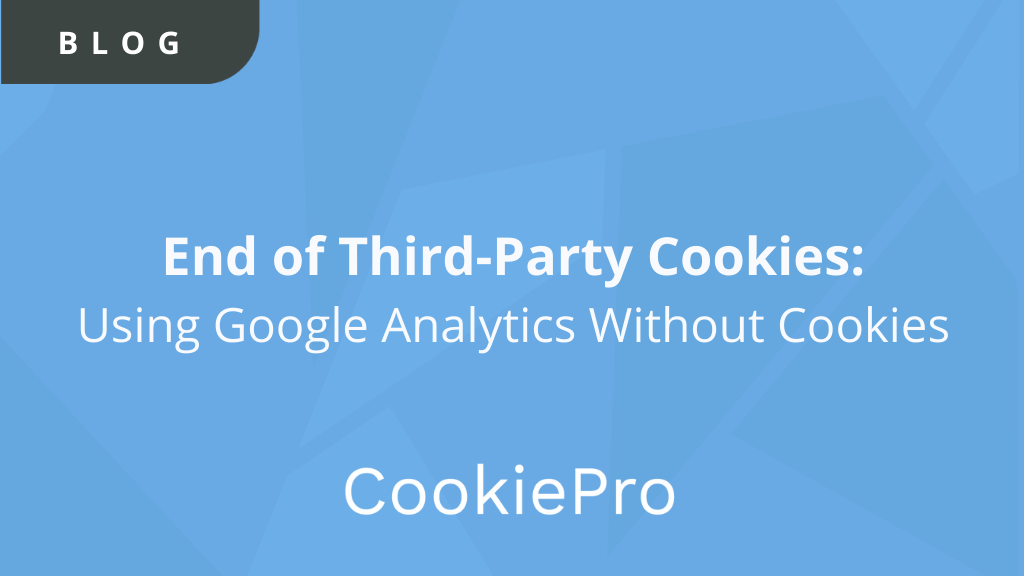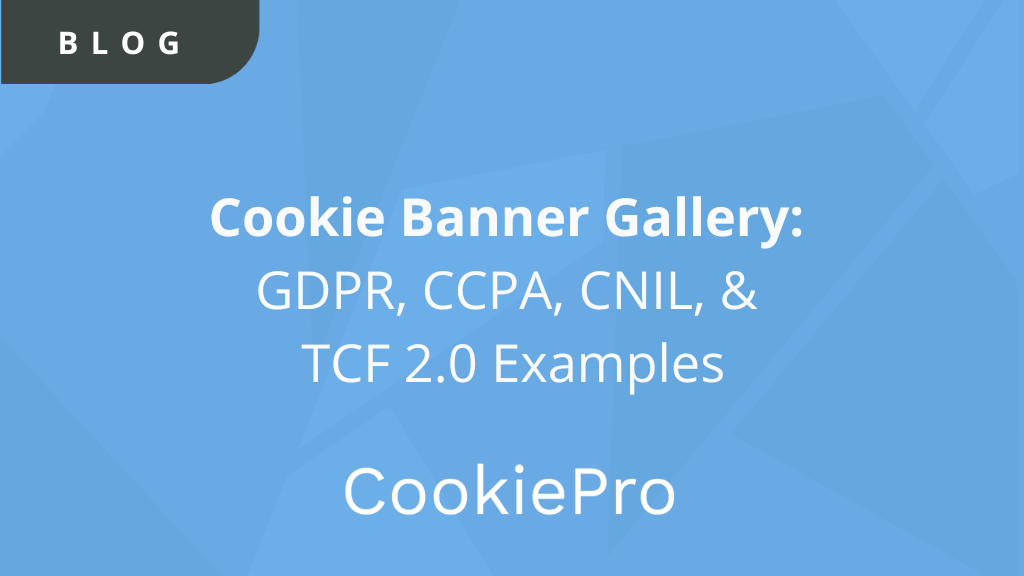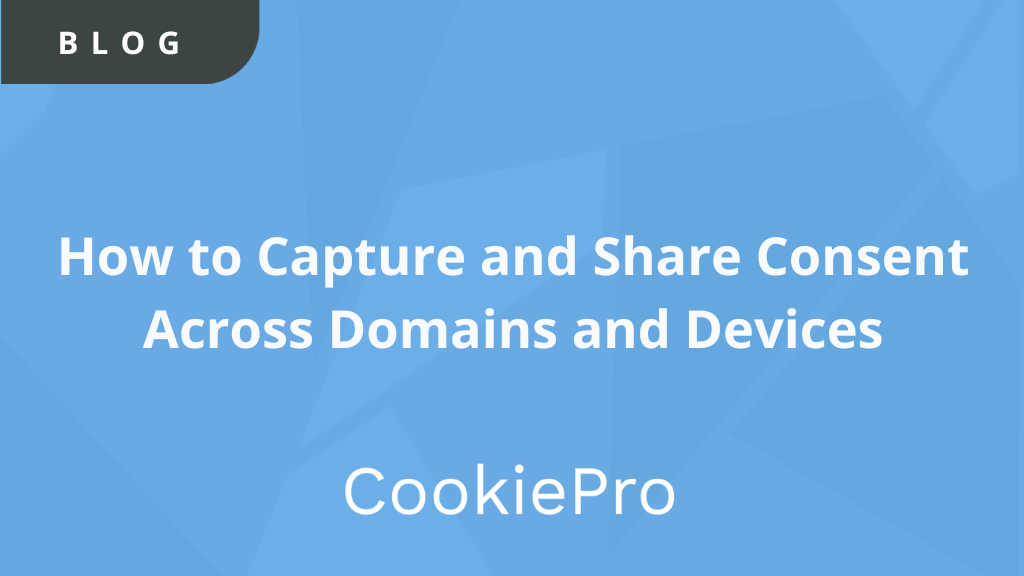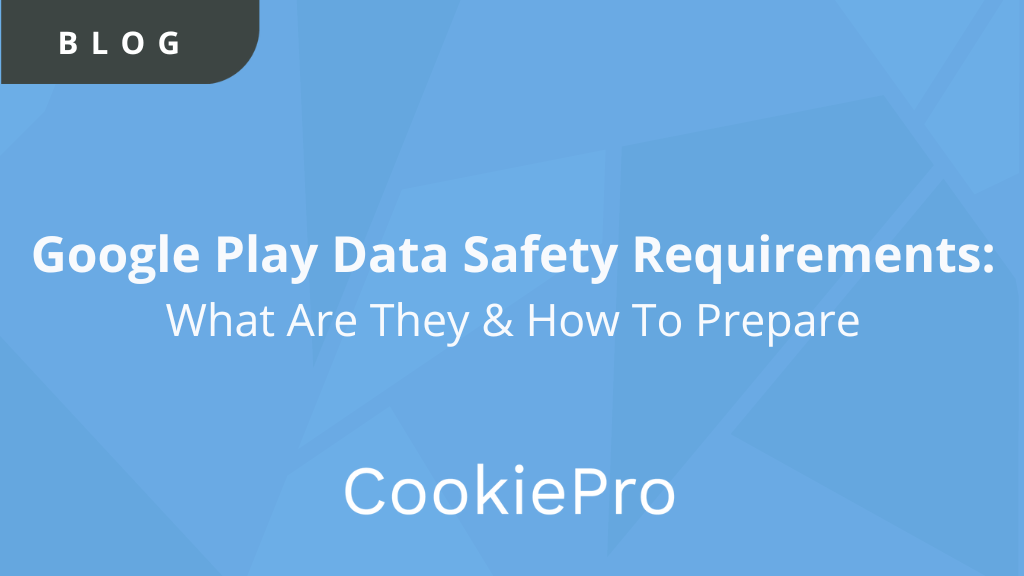End of Third-Party Cookies: Using Google Analytics Without Cookies
With Google’s announcement of its plan to deprecate third-party cookies from the Chrome browser in 2023, many companies worry about...

With Google’s announcement of its plan to deprecate third-party cookies from the Chrome browser in 2023, many companies worry about what the impact will be. Despite other browsers that have already implemented some blocking against third-party cookies, such as Safari and Firefox, Google Chrome is the most widely used browser.
Companies that plan for the deprecation of third-party cookies now will not only ensure marketing campaigns stay optimized but will create a competitive advantage. It’s important to understand the changes that will go into effect and how they will impact your website performance, marketing campaigns, and CMP. Google is helping companies start to pivot away from third-party cookie tracking by expanding privacy-safe reports offered through Google Analytics.
Read our blog to learn more about which Google Analytics reports you should be using to prepare your privacy-centered strategy for the end of third-party cookies.
Google Analytics 4 Privacy-Safe Solutions
A year ago Google Analytics 4 properties were introduced to help companies meet the challenges of an evolving privacy landscape. The purpose is to keep the ability to measure the customer journey, predict outcomes, and automate insights to enhance marketing performance without the use of cookies. Since then, Google has improved features such as advertising reporting and support for user consent choices.
Data-Drive Attribution
Google’s new data-driven attribution enhances the current two attribution reports, Conversion paths and Model comparisons, but without minimum threshold requirements. Data-driven attribution models allow companies to get a clearer understanding of the collective impact each marketing channel has. This ensures you don’t over or undervalue a single marketing channel.
For example, the last-click attribution report gave all the credit for conversions to the last interaction. Now with data-driven attribution models, the report will distribute credit to each marketing touchpoint based on how much impact the touchpoint had on driving a conversion.
Data-driven attribution allows companies to improve ROI and marketing performance by providing better insight into where and how much to invest, and as a result, helping to optimize conversion costs. With the use of machine learning, this is a solid mechanism to measure results when it’s difficult to observe conversions.
Conversion Modeling
Google’s Conversion Modeling helps companies bridge the gap in understanding customer behavior without the use of cookies and other tracking technologies. It works by analyzing large amounts of historical data, identifying trends and correlations, and using those insights to predict the customer journey.
New enhancements in conversion modeling are being used in attributions reports, conversion reports, and explorations. This allows companies to further identify where conversions came from and allocate the performance to the right channel such as ads, emails, social or search.
Additionally, Behavioral modeling will soon be supported in reporting. Behavioral modeling works by using vigorously tested and validated machine learning to bridge gaps in behavioral data, such as average revenue per user. Allowing companies to gather insights across devices and platforms.
Prepare For Third-Party Cookies Deprecation Now
The privacy landscape has been evolving as consumers increasingly want to know what types of data websites are gathering about them and how they are using them. It’s important to use analytics tools such as Google Analytics in a way that is compliant with privacy regulations such as the GDPR and also respects users’ privacy choices. While analytics tools can help companies prepare for the end of third-party cookies, it’s up to the individual company to test and plan which strategy works best for them.
A consent management platform, like CookiePro, is the first step in helping companies get started creating a privacy-focused competitive advantage. A CMP is needed in order to comply with regulations and capture consent for other types of cookies and tracking technologies.
Get a Free Website Scan Today
In order to provide the best user and consent experience for your site visitors, you must scan your website to identify and categorize all the cookies and tracking technologies. CookiePro’s FREE website scanner is the most powerful solution with flexible tracking and reporting capabilities.
You Might Also Like











